Queen Margrethe, Denmark's Unifying Force, Fetes 50th Jubilee
Denmark's Queen Margrethe II on Friday celebrated 50 years on the throne with scaled-down festivities limited by Covid restrictions despite the huge popularity of the artistic, chain-smoking monarch.
At 81 years old, the always elegant Margrethe, with her trademark white-haired bun, is the second longest-serving monarch in Danish history -- and the first woman to hold the position of reigning queen
She came to power amid waning support for the royals in 1972 but is now beloved for her unifying presence.
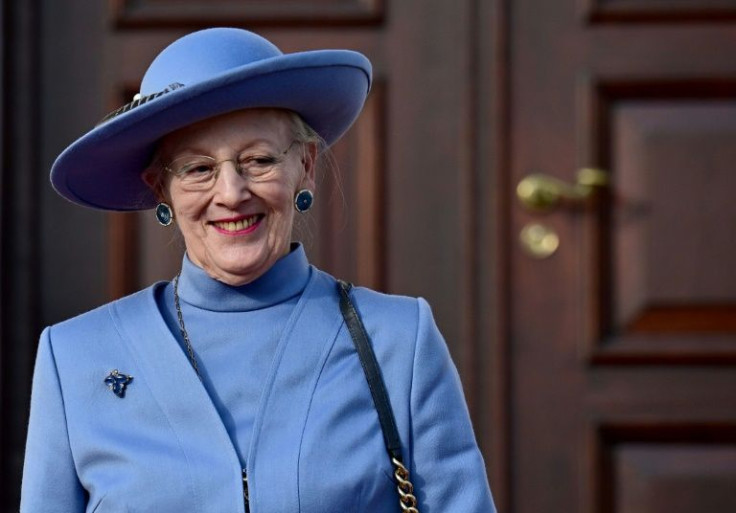
"We are unfortunately fewer marking the day than we would have wanted," parliament speaker Henrik Dam Kristensen told a socially distanced ceremony, the first of just two events celebrating Friday's milestone.
Guests, who included Prime Minister Mette Fredriksen, Crown Prince Frederik and his Australian-born wife Crown Princess Mary, sat in chairs spaced apart.
Fredriksen said the queen was "elected by the people" in a "democratic vote in 1953", when a change to the Danish succession law enabled women to inherit the throne.
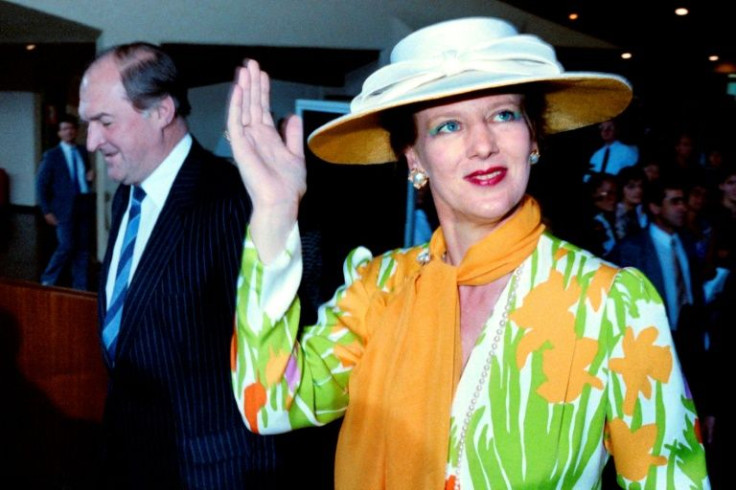
A bundled-up Margrethe later took part in a wreath-laying ceremony at her parents' grave at the red-brick Roskilde Cathedral, west of Copenhagen, under sunny but blustery skies.
She was again accompanied by her two sons and their wives.
Larger celebrations have been postponed until September and include a palace dinner, a parade through Copenhagen, service at Copenhagen Cathedral and gala performance at the Royal Theatre.
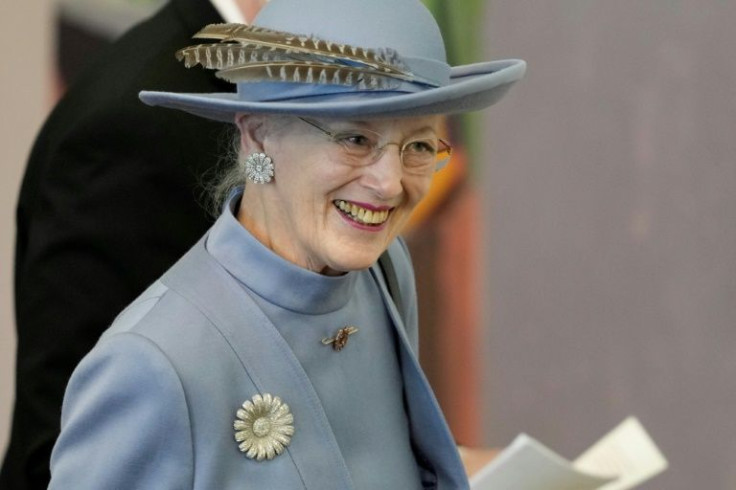
In her five decades on the throne, Margrethe has sidestepped scandal and helped to modernise the institution, making the Danish royal family one of the most popular in the world.
Bo Petersen, a 58-year-old royalist who was in the crowd to see the queen at the cathedral, called her "a figurehead for all parts of society".
A 2018 Voxmeter poll found that more than three-quarters of Danes supported the monarchy, while only 14.6 percent wanted the Scandinavian country to become a republic.
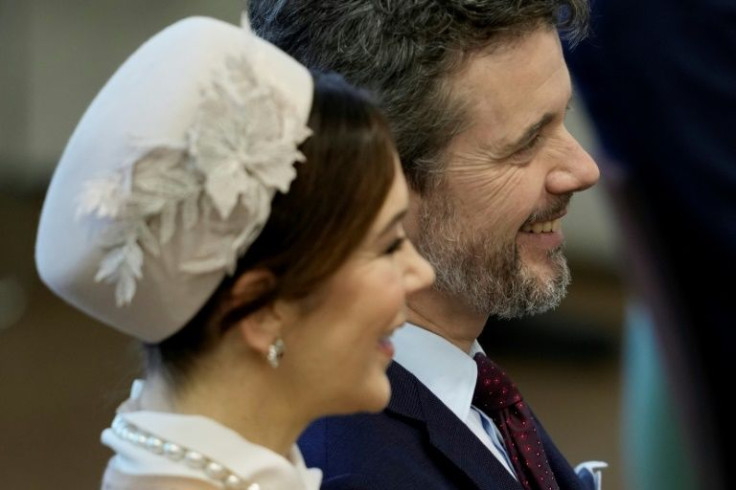
"When she became queen, only 45 percent of Danes were in favour of the monarchy," journalist Gitte Redder, who has authored several books on the Danish royals, told AFP.
"They didn't believe in a monarchy in a modern democracy."
That has changed.
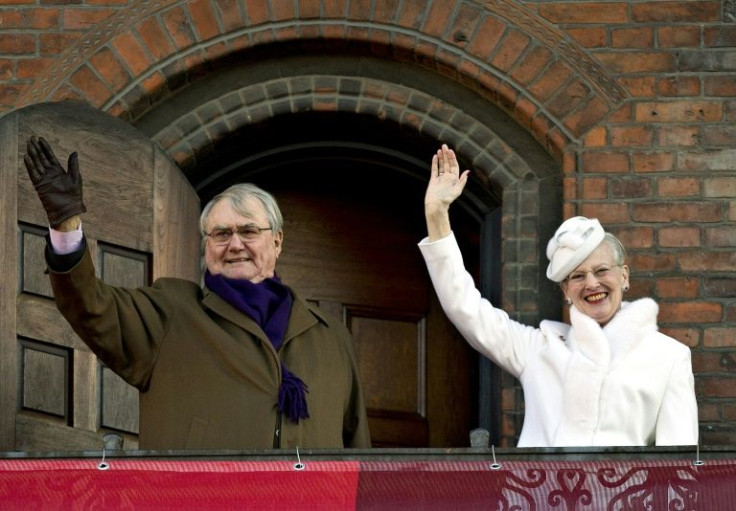
"The basis of her popularity is that the queen is absolutely non-political," historian Lars Hovebakke Sorensen told AFP.
"She has managed to be a queen who has united the Danish nation in a time of large changes: globalisation, the appearance of the multicultural state, economic crises in the 1970s, 1980s and again in 2008 to 2015, and the pandemic," he said.
At age 31, the crown princess acceded to the throne on a foggy January day upon the death of her father Frederik IX.
The grief-stricken mother of two young boys -- she now has eight grandchildren -- was the first woman to become a reigning queen in Europe's oldest monarchy.
She took her reign name Margrethe II after Margrethe I who ruled Denmark from 1375-1412 but never formally held the title.
"She has a strong sense of duty and never questioned her destiny," said historian Tom Buk-Swienty.
Widowed in 2018, the queen, affectionately nicknamed Daisy by her subjects, has gradually modernised the monarchy to keep it relevant, without diminishing its status.
She has been the face of an open and hard-working monarchy, allowed her sons to marry commoners, and has herself been involved in Denmark's cultural scene.
With sparkling blue eyes and a broad smile, she is known for her relaxed and playful side, occasionally answering reporters' questions with a mischievous grin.
A painter as well as a costume and set designer, she has worked with the Royal Danish Ballet and Royal Danish Theatre on numerous occasions.
A fluent speaker of English, French, German and Swedish, she has taken part in elaborate translation projects, including the 1981 Danish version of Simone de Beauvoir's "All Men are Mortal" under a pseudonym in cooperation with her French-born husband, Prince Henrik.
But it is primarily her paintings and drawings that have earned her accolades.
With her 82nd birthday approaching in April, Margrethe has repeatedly insisted she will never step down from her duties.
"I will stay on the throne until I drop," she has said.
© Copyright AFP 2024. All rights reserved.











